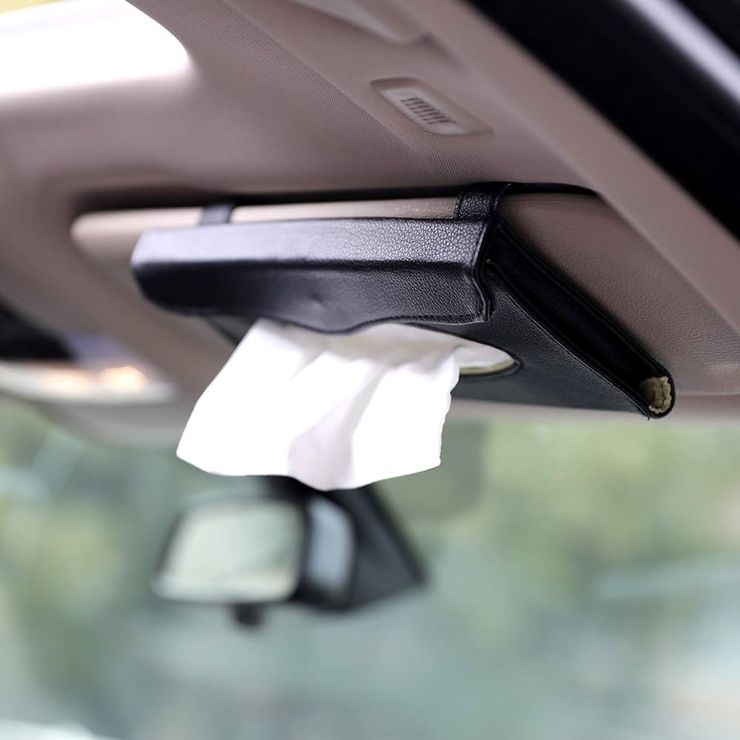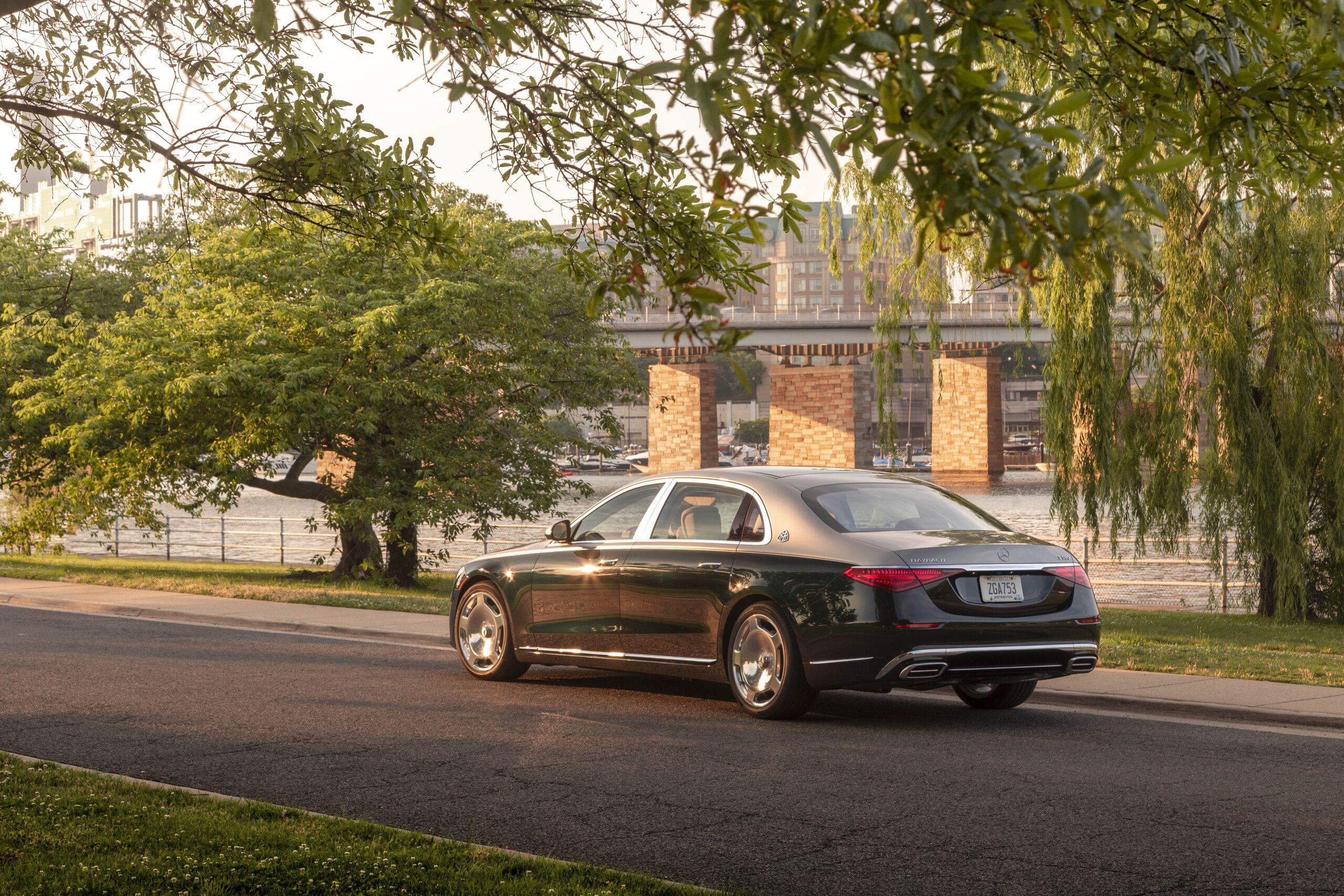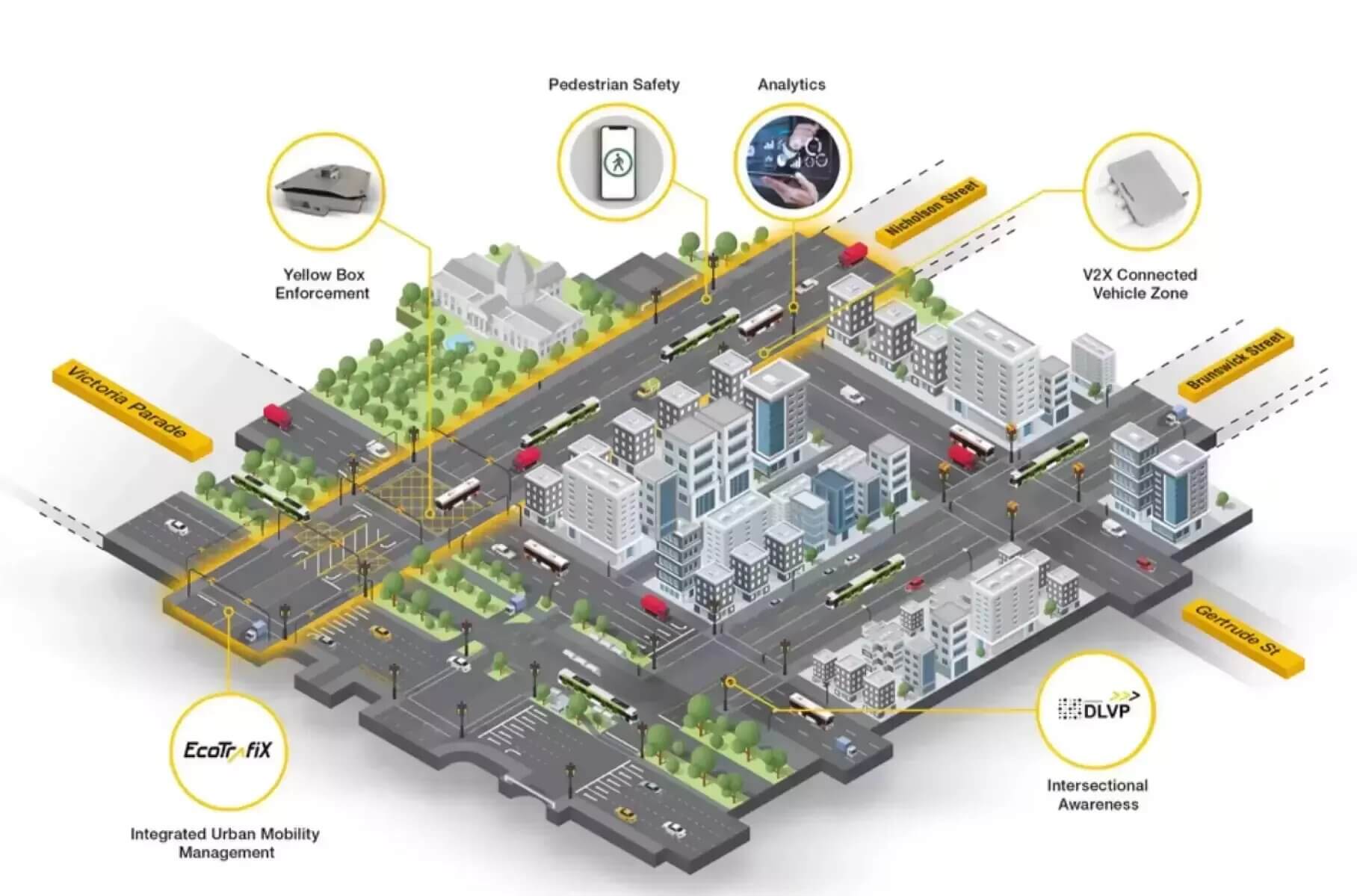Many different techniques have been invented to make the daily life of a motorist easier. However, not all of them have gained wide popularity so far. Heavy truck drivers in particular, who spend most of their lives behind the wheel, have many such secrets.
Many drivers have noticed that on the windshield of some tractor cabs there are various non-standard objects. Let’s say right away that we are not talking about all kinds of “suspensions” – toys hanging from the ceiling, curtains and other decorations, to which some drivers of large and powerful cars are sensitive.
And not about the reasons and meanings of such a phenomenon as the presence of boards with inscriptions in the lower part of the “lobovuha” of a fair number of trucks. Some have names on them, others have city names on them. We will only briefly mention that in this way drivers inform the world about their place of residence – for the sake of discovering compatriots among their colleagues. And “business cards” with names are useful to facilitate communication between truck drivers: to make it clear who is addressing whom on the radio, which is available in the cabs of many tractors.
But there are still objects under the windshield of trucks traveling on intercity routes that are not so noticeable to drivers of other vehicles. However, their practical benefits are much greater. For example, a roll of paper towels or a few rolls of toilet paper. At first glance, the “windowsill” is not the most suitable place to store such personal hygiene products. But the point here is different. Very often, drivers of long-distance trucks are forced to spend the night in the cabin of their car, including in autumn, winter and spring, when the temperature outside is below zero or very close to negative values.
Not every tractor is equipped with an autonomous interior heating system. And “not only everyone” for financial reasons can afford to leave the multi-liter engine idling all night because of the heat in the cabin. Therefore, drivers spend the night in sleeping places behind the seats, “warming up” the atmosphere in the cabin with their own breath.
At night, the air in it inevitably cools and moisture begins to settle on the windshield. Sometimes there is so much of it (also due to human breath) that by morning the entire place is covered from the inside with a layer of icy “patterns”. Which forces the driver to clean it instead of immediately resuming the journey. Otherwise you will have to waste a lot of time waiting for the diesel engine to slowly warm up and the warm air to melt the impressive (compared to a passenger car) glass surface.
Thus, to reduce the amount of water precipitated from the air on the frontal area, a roll of paper towels is used as an adsorbent. It stays under the windshield all night and absorbs moisture. Not everything, of course, but a fair share. And then, after the engine and passenger compartment have warmed up, this “adsorber” lies all day on one of the deflectors of the standard “heater” in full view of drivers and passengers of other vehicles and dries there in a stream of hot air , in preparation for another period of absorption the following night.
Many drivers have noticed that on the windshield of some tractor cabs there are various non-standard objects. Let’s say right away that we are not talking about all kinds of “suspensions” – toys hanging from the ceiling, curtains and other decorations, to which some drivers of large and powerful cars are sensitive.
And not about the reasons and meanings of such a phenomenon as the presence of boards with inscriptions in the lower part of the “lobovuha” of a fair number of trucks. Some have names on them, others have city names on them. We will only briefly mention that in this way drivers inform the world about their place of residence – for the sake of discovering compatriots among their colleagues. And “business cards” with names are useful to facilitate communication between truck drivers: to make it clear who is addressing whom on the radio, which is available in the cabs of many tractors.
But there are still objects under the windshield of trucks traveling on intercity routes, which are not so noticeable to drivers of other vehicles. However, their practical benefits are much greater. For example, a roll of paper towels or a few rolls of toilet paper. At first glance, the “windowsill” is not the most suitable place to store such personal hygiene products. But the point here is different. Very often, drivers of long-distance trucks are forced to spend the night in the cabin of their car, including in autumn, winter and spring, when the temperature outside is below zero or very close to negative values.
Not every tractor is equipped with an autonomous interior heating system. And “not only everyone” for financial reasons can afford to leave the multi-liter engine idling all night because of the heat in the cabin. Therefore, drivers spend the night in sleeping places behind the seats, “warming up” the atmosphere in the cabin with their own breath.
At night, the air in it inevitably cools and moisture begins to settle on the windshield. Sometimes there is so much of it (also due to human breath) that by morning the entire place is covered from the inside with a layer of icy “patterns”. Which forces the driver to clean it instead of immediately resuming the journey. Otherwise you will have to waste a lot of time waiting for the diesel engine to slowly warm up and the warm air to melt the impressive (compared to a passenger car) glass surface.
Thus, to reduce the amount of water precipitated from the air on the frontal area, a roll of paper towels is used as an adsorbent. It stays under the windshield all night and absorbs moisture. Not everything, of course, but a fair share. And then, after the engine and passenger compartment have warmed up, this “adsorber” lies all day on one of the deflectors of the standard “heater” in full view of drivers and passengers of other vehicles and dries there in a stream of hot air , in preparation for another period of absorption the following night.
Source: Avto Vzglyad
Donald Salinas is an experienced automobile journalist and writer for Div Bracket. He brings his readers the latest news and developments from the world of automobiles, offering a unique and knowledgeable perspective on the latest trends and innovations in the automotive industry.














